After many years of working with people with disabilities and organising rehabilitation camps, the Armenian Camp NGO today represents a unique model of social entrepreneurship. Operating on the shore of Lake Sevan, the Armenian Camp recreation area is unique in offering accessible rest for all its guests, both with and without disabilities.
The founders of Armenian Camp, a beneficiary of the EU-funded ‘Collaborate for Impact’ project – Samvel Rostomyan and Varduhi Aramyan – eventually turned their social activity into a social enterprise.
How it started
After the 1988 Spitak earthquake, Samvel Rostomyan started working with people with disabilities, involving them in sports activities and teams.
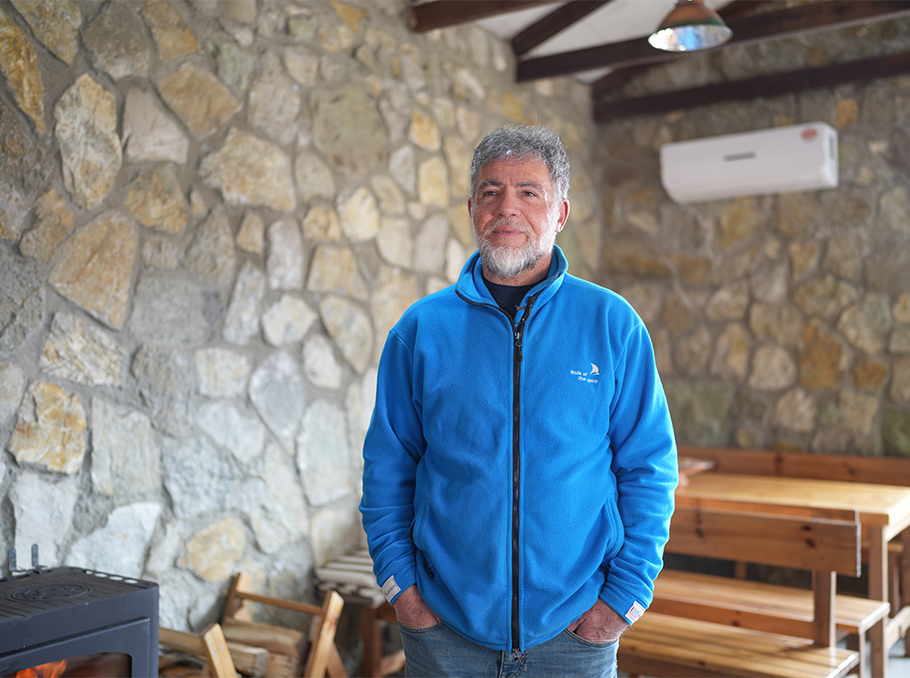 Samvel Rostomyan
Samvel RostomyanPhoto: Anja Strelec
“The team I formed participated in the Paralympics, and I too participated in various international programmes, trying to bring the experience of working with people with disabilities to Armenia. I soon realised that the knowledge and skills I had gained could be applied in a non-governmental organisation, and so I founded the Armenian Camp NGO in 2003. The NGO started to carry out various programmes, including summer and winter rehabilitation camps. We applied our experience on how to work with people with mental, visual, musculoskeletal and other problems in these camps. We also organised sports activities for the participants, creating opportunities to take part in various water sports, for which we acquired special equipment,” explains Samvel Rostomyan.
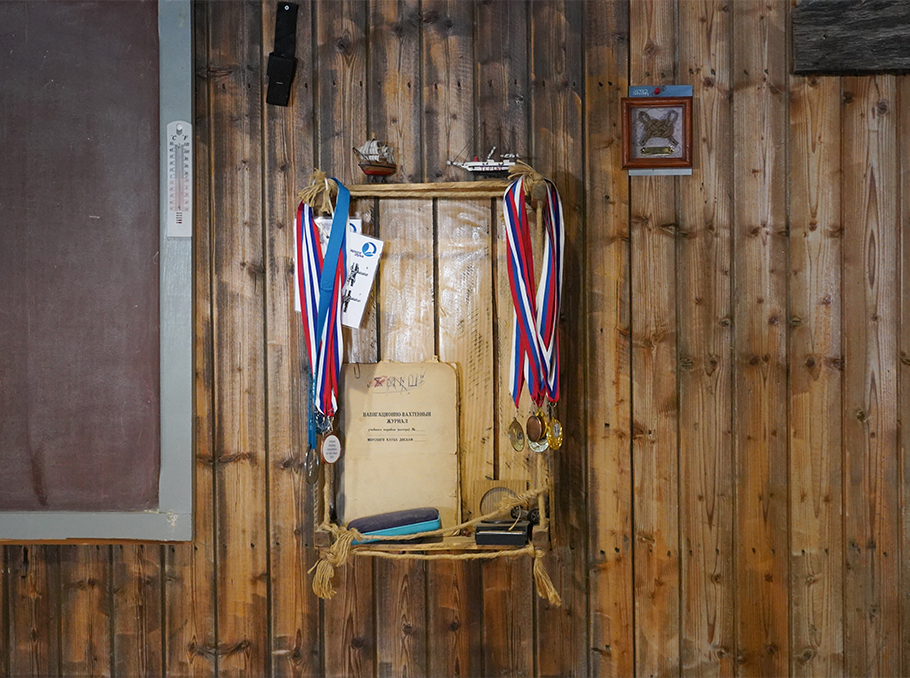
Photo: Anja Strelec
Over time, many volunteers joined this social activity, among them Varduhi Aramyan.
“My son with a disability became a beneficiary of the organisation after participating in the rehabilitation camps in 2015. I also joined the NGO as a volunteer. Later, I started to coordinate programmes and became fully engaged in the work,” says Varduhi Aramyan.
From social activity to social entrepreneurship
For a long time, the founders of the organisation did not think to attach a business model to their activity, but gradually finding money was becoming more difficult.
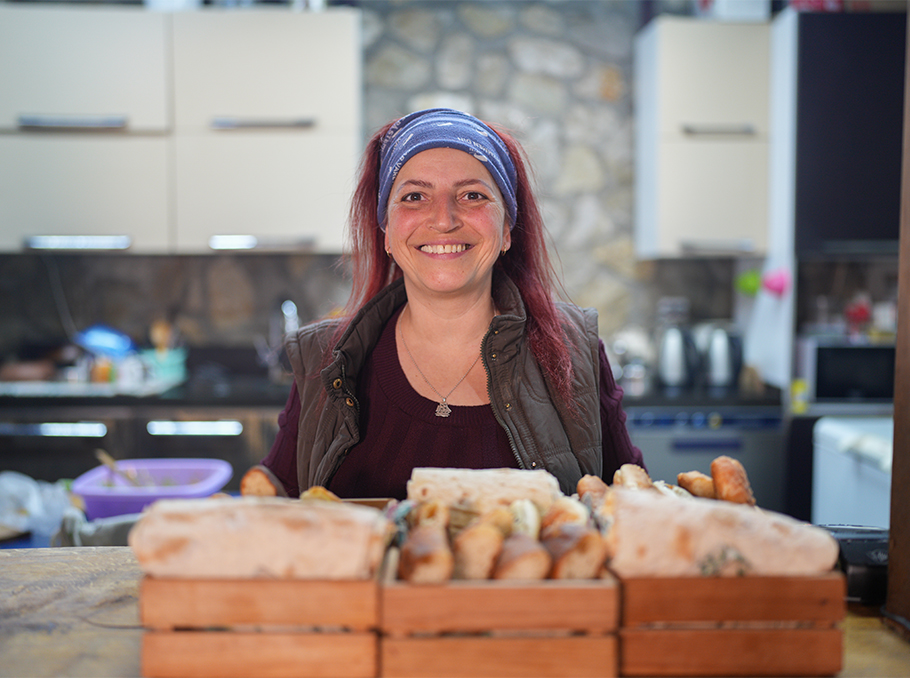 Varduhi Aramyan
Varduhi AramyanPhoto: Anja Strelec
“At some point, the organisation matured to a degree that we no longer wanted to depend on donors and were confident in our ability to generate financial resources on our own and direct them to our social programmes. On the other hand, we had been renting different camping sites for years, and it was becoming more difficult to find suitable locations. We felt the NGO should have its own area that would be equipped and work the way we wanted. So, in 2012 the summer base of Armenian Camp was founded, which today operates as a social enterprise,” says Varduhi.
The transition from social activity to social entrepreneurship was full of challenges, she admits. To overcome them, it was essential for the team to master business skills.
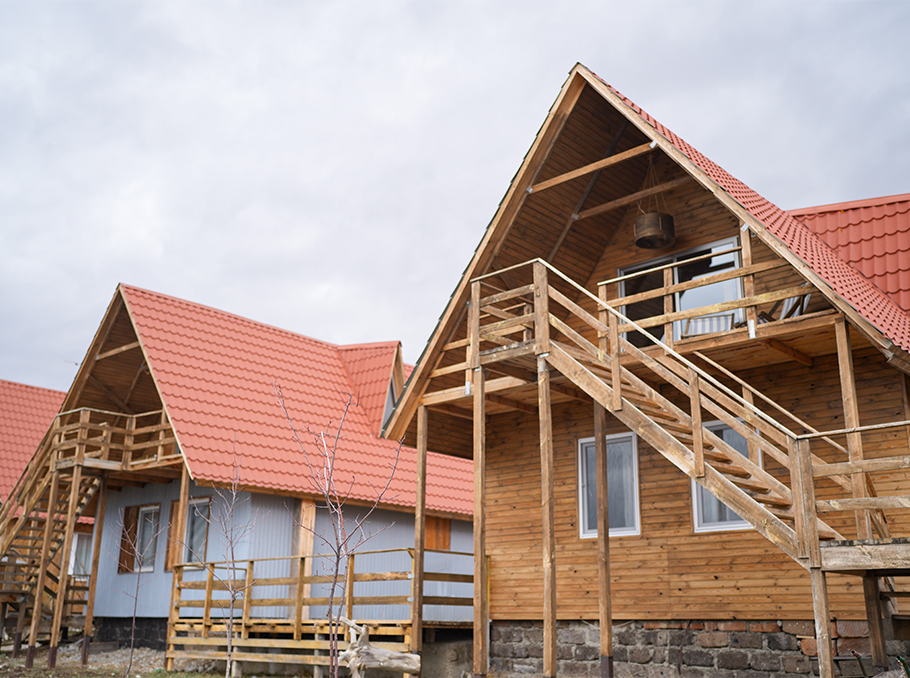
Photo: Anja Strelec
“I attended two business schools in the last two years, the AGBU’s Women Entrepreneurs School and the IRIS Business Incubator Academy, and these courses really helped in gaining business knowledge,” adds Varduhi.
Beach fun is for everyone
The Armenian Camp recreation area is located at the foot of Mount Artanish, and hosts biking, hiking, water excursions, boat trips and other activities.
The site is unique in being adapted to everyone, including people with musculoskeletal disorders.
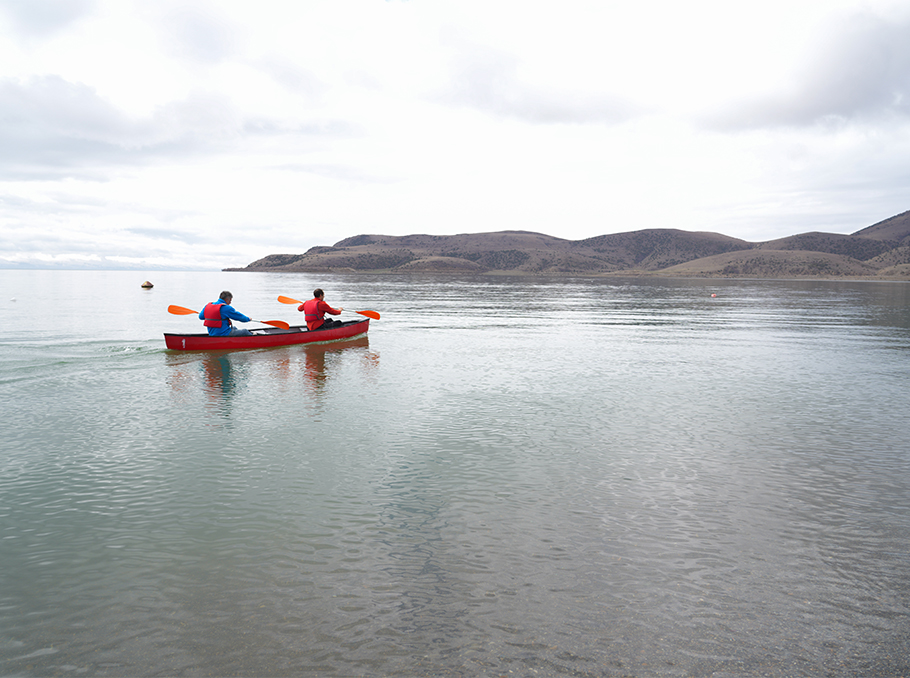
Photo: Anja Strelec
“We have accessible parking, walkways, toilets and a bathroom. When relaxing at the beach, people with disabilities should have the same opportunities as those without, and for that we have an adapted way for approaching the lake, as well as special equipment, thanks to which a person with disabilities can enter the water without much effort,” says Varduhi.
Sport gives unforgettable emotions
After the 2020 war, Armenian Camp also hosted wounded soldiers at their rehabilitation centres.
“We tried to show the boys a completely different approach, we had a beach rest full of sports activities. There was kayaking, windsurfing, sailing, cycling, table tennis, basketball, they also played bocce, which is a purely disability sport,” says Samvel Rostomyan.
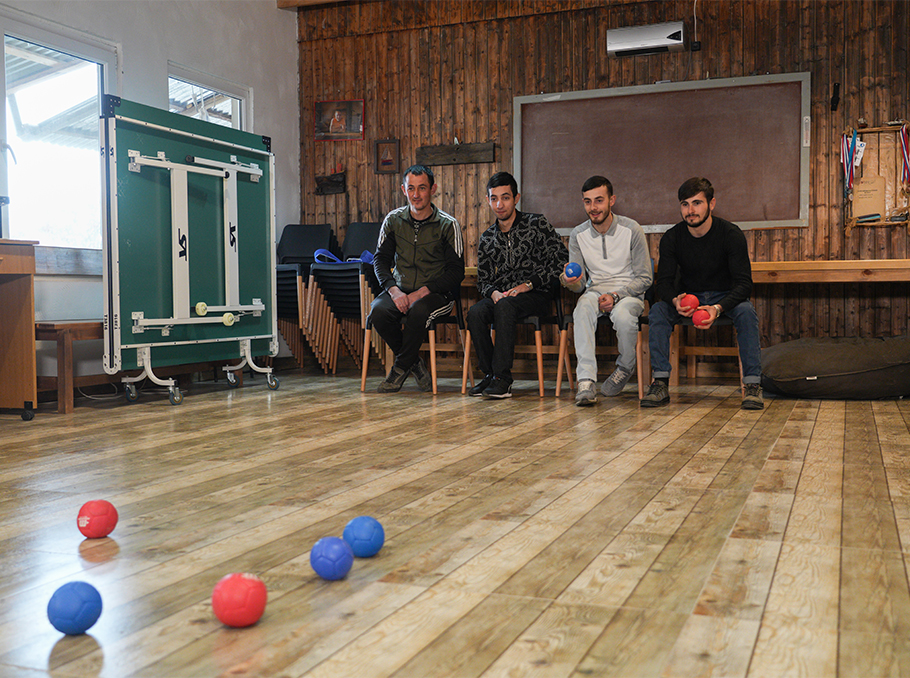
Photo: Anja Strelec
Varduhi says they tried to show the soldiers that they can really do it. “If, for example, you cannot paddle due to problems with your hands, you can still participate in kayaking with the help of your friends.”
With the efforts of Samvel and Varduhi, soldiers with disabilities even had the opportunity to take part in active winter sports.
“With the help of special sports equipment, the soldiers were able to climb the mountain and slide. Their feelings were indescribable, it was a volcano of emotions, and this is the least we can do for these people,” says Varduhi.
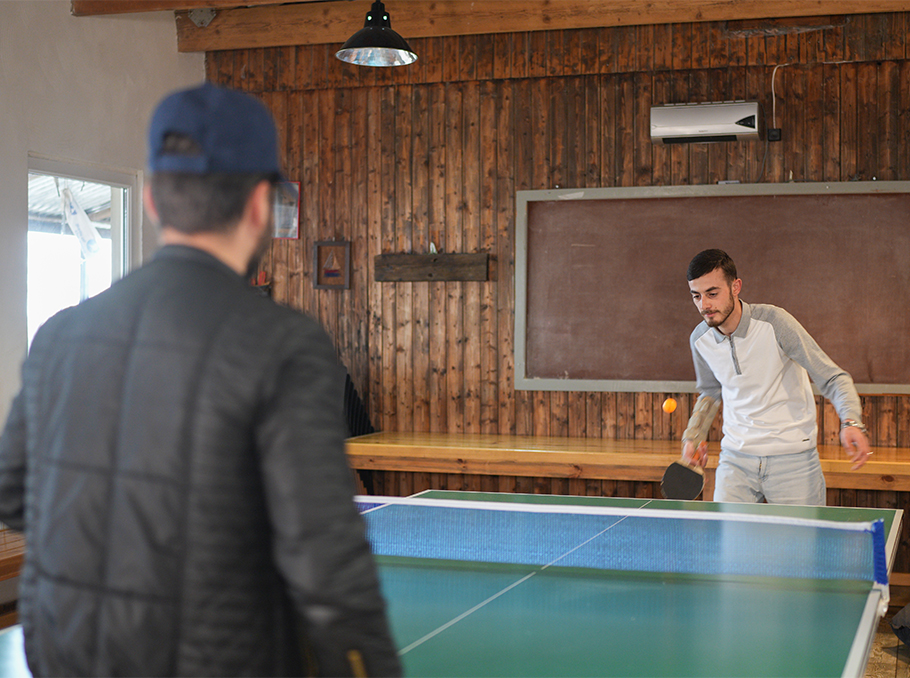
Photo: Anja Strelec
Community development
Armenian Camp’s social impact is not limited to this. Varduhi and Samvel also try to contribute to the development of the community and carry out a number of programmes, starting from first aid courses to eco-camps.
“We regularly monitor community needs and initiate new programmes guided by them. In one of them, we teach village children how to swim. They live by the lake, but many of them don’t know how to swim due to the absence of sports schools. For the third year in a row, every summer we organise swimming classes for children,” says Varduhi Aramyan.
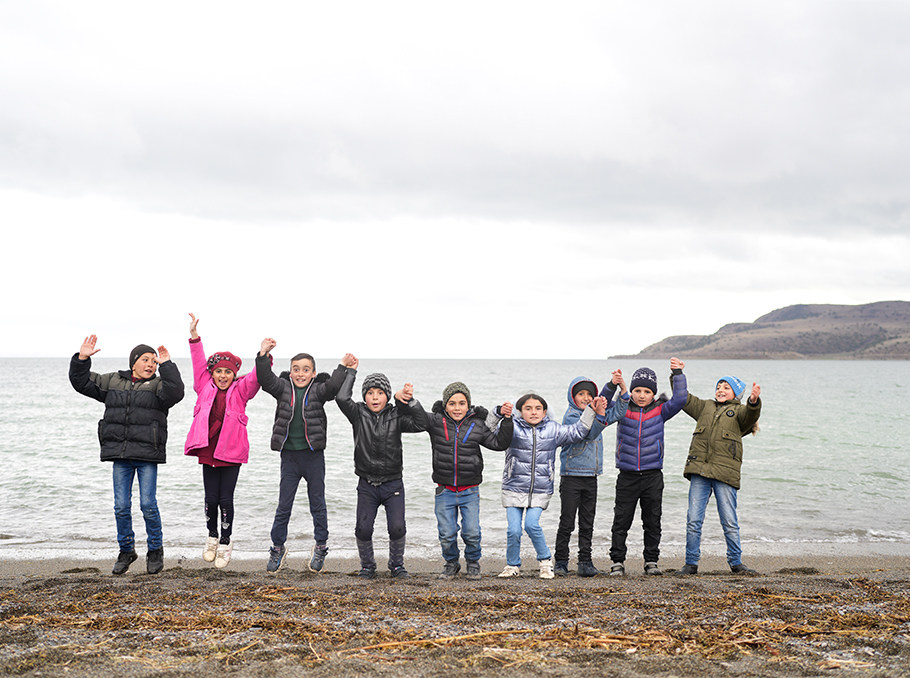
Photo: Anja Strelec
Support to social enterprises
Since 2020, the pandemic and the war have strongly affected Armenian businesses. To mitigate this negative impact in the field of social entrepreneurship, the EU-funded ‘Collaborate for Impact’ project was launched. It is a regional programme carried out by the European Venture Philanthropy Association (EVPA) in five countries. In Armenia, the programme is implemented by Impact Hub Yerevan.
A grant competition for social enterprises was announced as part of the ‘Collaborate for Impact’ project. More than 100 social enterprises applied for it. As a result, about 35 received financial support equivalent to an average of 800 euros from the EU-supported COVID-19 Relief Fund. Armenian Camp was among the beneficiaries of the project winning a grant of AMD 5,540,000.
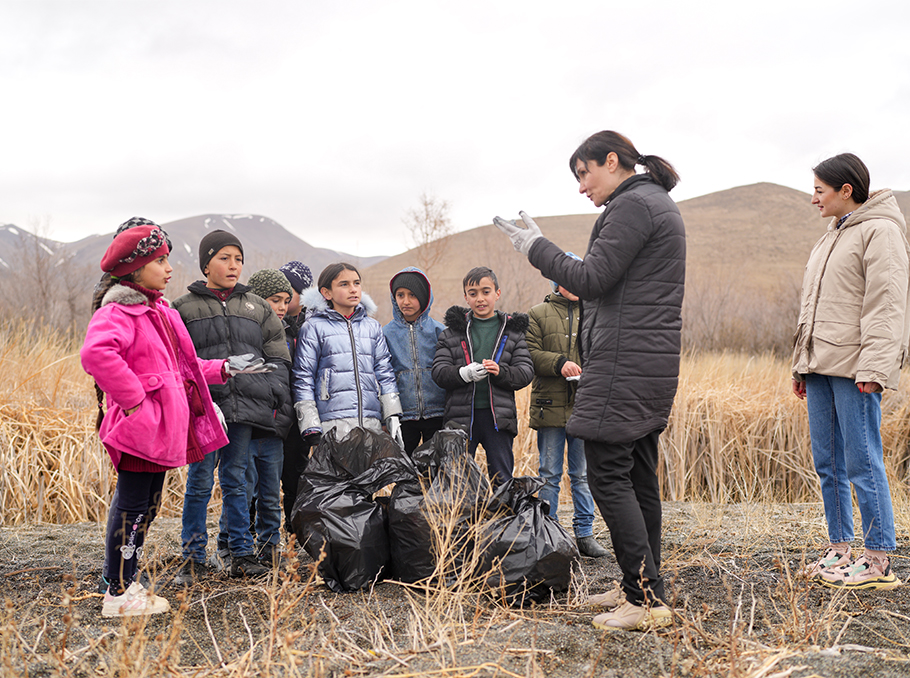
Photo: Anja Strelec
“The Impact Hub Yerevan team supported us in all technical issues throughout the application process,” says Varduhi. “This helped us to understand the requirements of the programme, what we could expect, etc. After receiving the grant, we renovated several rooms in the recreation area and gave them to refugee families from Artsakh who moved here during the 44-day war. The pandemic and the war have made financial issues more complicated, so we used the funds to pay salaries. The most important thing that we were able to do thanks to the programme was to acquire a solar photovoltaic plant with a capacity of 10 kW/h. Thanks to this, we managed to extend the activity of the recreation area and continue to work even in the winter months,” she adds.
Varduhi said they were also trying to set an example for other recreation areas and guest houses by the lake for them to try to work in winter as well. Armenian Camp fully operated last winter, and plan to do so this year too.
Programme evaluation criteria
Nazareth Seferian, EVPA representative and project manager of regional activities of ‘Collaborate for Impact’, says the 35 social enterprises that received assistance were selected according to two main criteria.
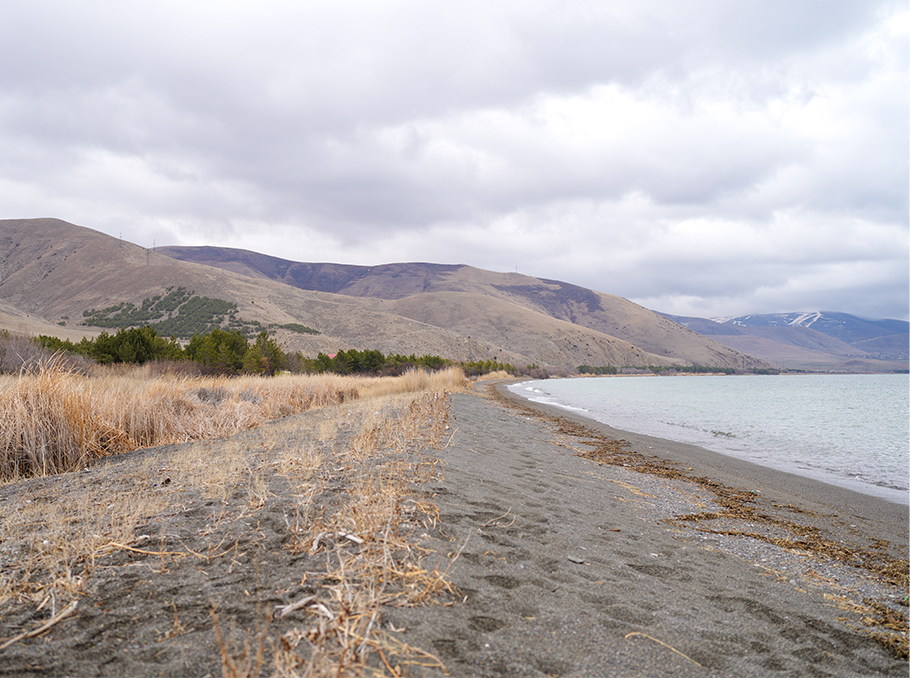
Photo: Anja Strelec
“The first criterion of evaluation refers to the social component of the social enterprise: the importance of the targeted problem, its solution and the impact of the activity of social enterprises. The other is the business component: what success they had before the pandemic and what they plan for the future. Since the main goal of the financial support was to overcome the crisis, it should primarily be directed to handling the difficulties caused by the pandemic, such as paying salaries, rent, etc. The financial support should also help to stabilise enterprises. For this reason, most of the beneficiaries addressed some of the funds to install solar power plants,” says Nazareth Seferian.
Apart from financial support, the ‘Collaborate for Impact’ project also offers social enterprise acceleration programmes and works on improving sectoral policy in the legislative field. From 2023, social enterprises will have the opportunity to apply to a special fund set up under the same programme and receive financial support in a ‘loan+grant’ format.
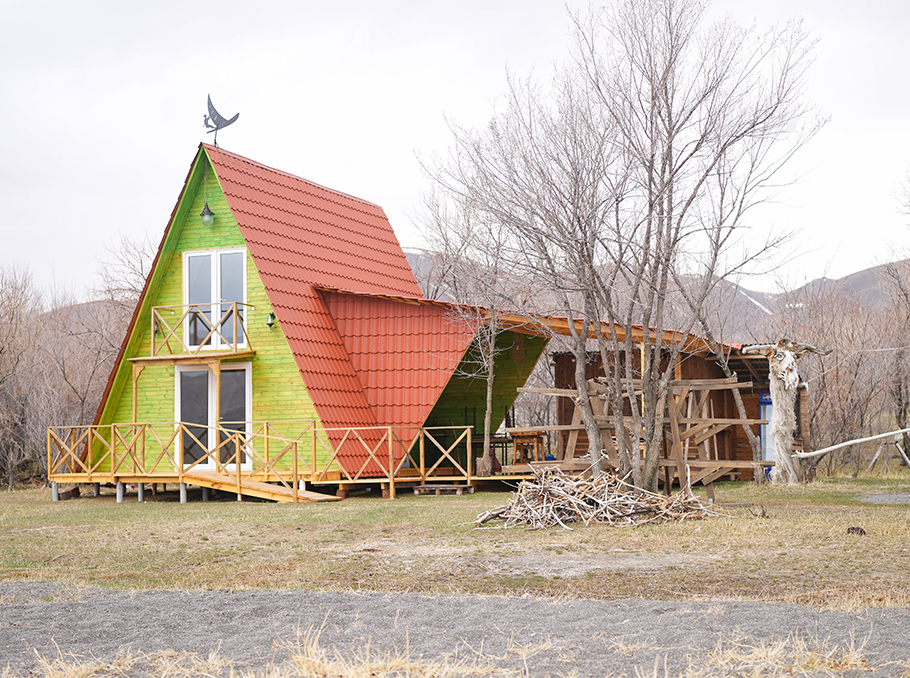
Photo: Anja Strelec
Change can be contagious
The founders of Armenian Camp are convinced that behavioural changes can be achieved through their own example. People with disabilities also work in Armenian Camp, and guests of the recreation area constantly see people with health problems having a good time. This also leads to a change in mindset.
Varduhi and Samvel also pay great attention to the environmental problems of Lake Sevan. They organise eco-camps with thematic discussions and master classes, and meet with environmentalists.
“Here we deal with the problems of the lake every day. We constantly clean up the area, often involving community members in the work. We do not preach care for the environment, but show it by our own example. In this way, our behaviour becomes contagious for others,” Varduhi emphasises.
“Lake Sevan is one of the most attractive tourist places in Armenia, but it is not used responsibly. If we can achieve the tourist potential of the lake, it will generate more financial resources, which can be used to solve environmental problems,” Samvel adds.
Armenian Camp continues to develop new tour packages, to come up with interesting offers for outdoor activities, while always working to increase its social impact.
“Even though we are living in very unstable time now, we manage to achieve even a small but stable success in this instability and move forward with it,” Varduhi Aramyan sums up.
Author: Gayane Yenokyan
Photos by Anja Strelec
This article was produced in the framework of the ‘EU NEIGHBOURS east’ project. The views expressed are solely those of the author of the article.









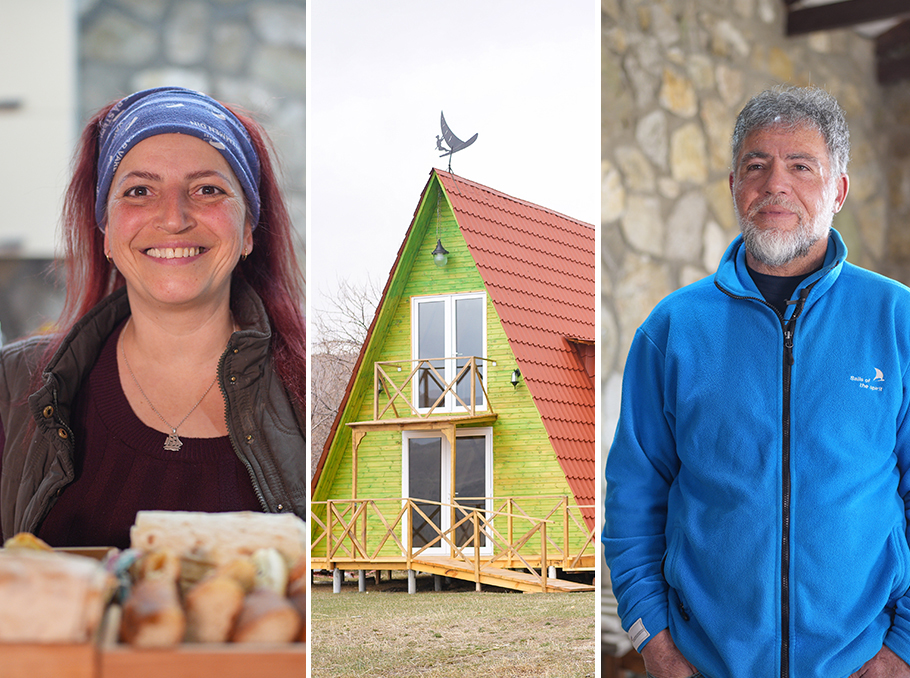
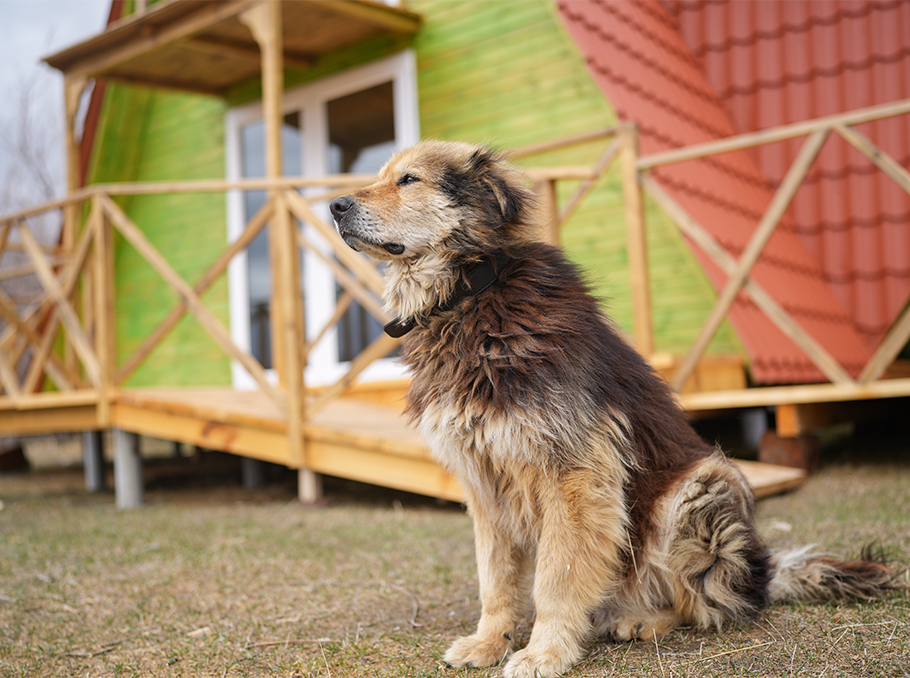
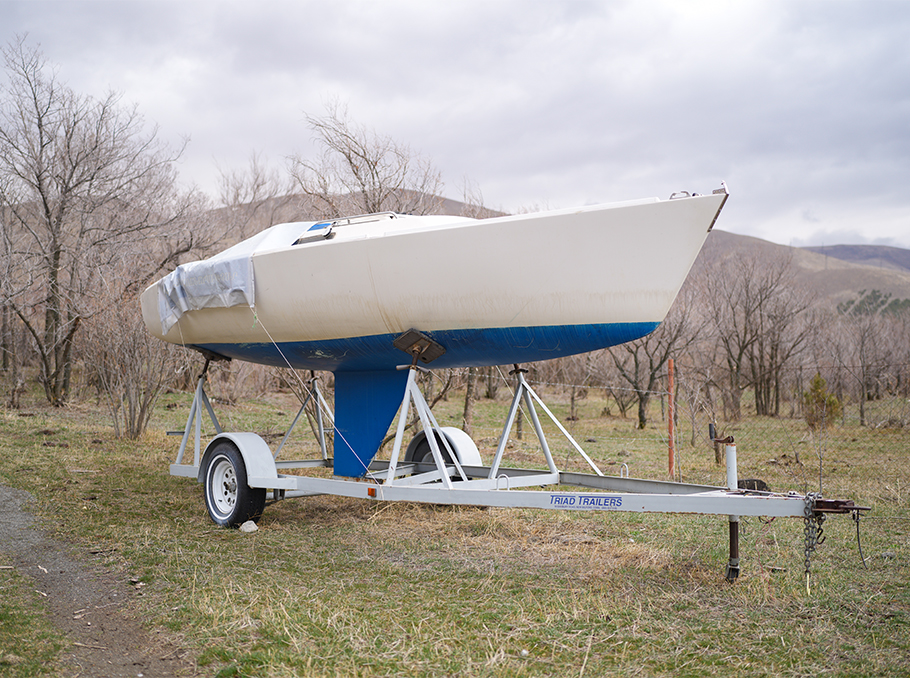
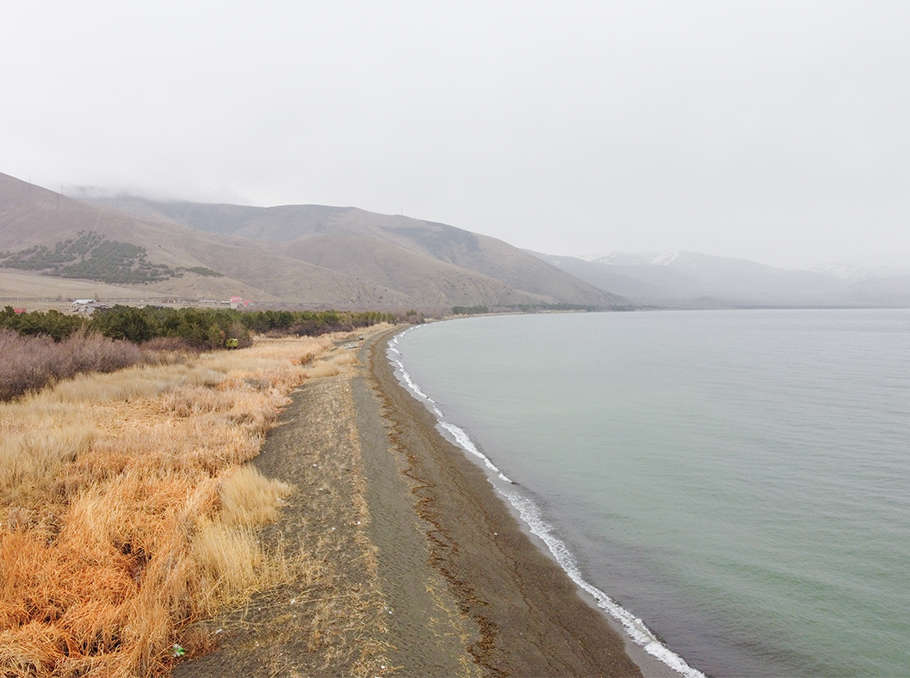
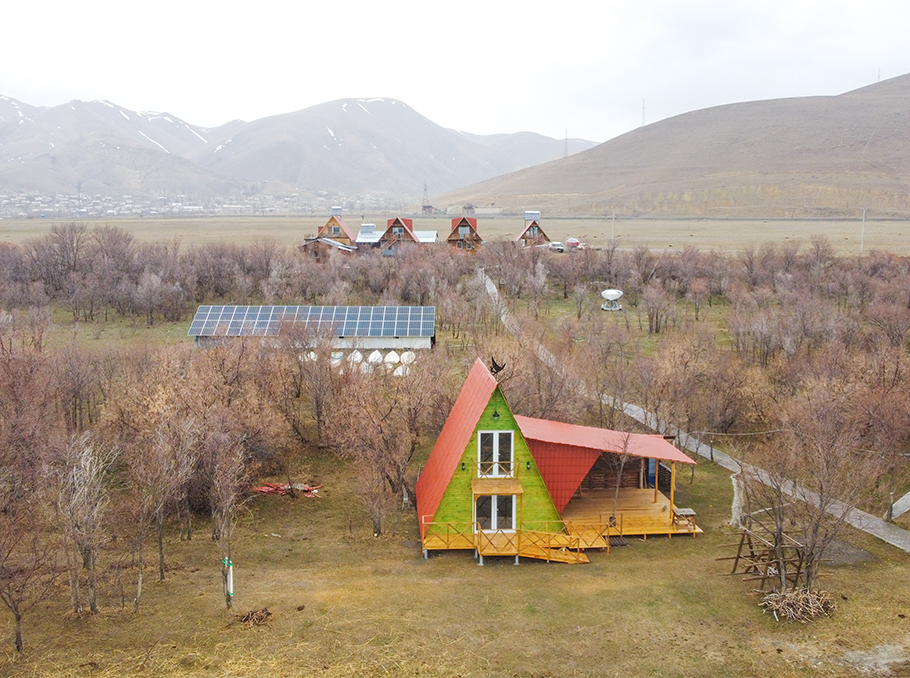
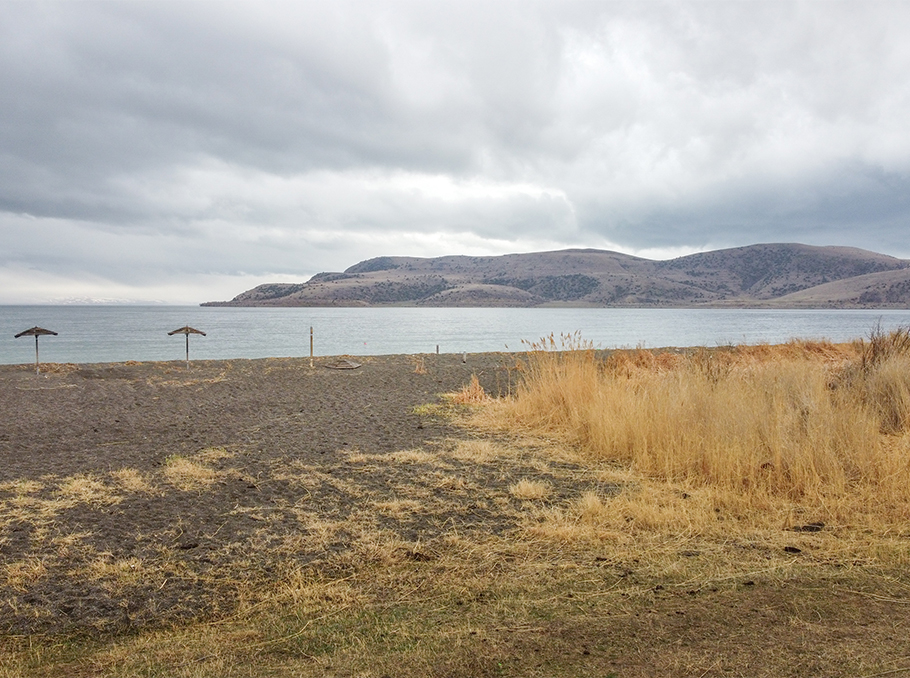
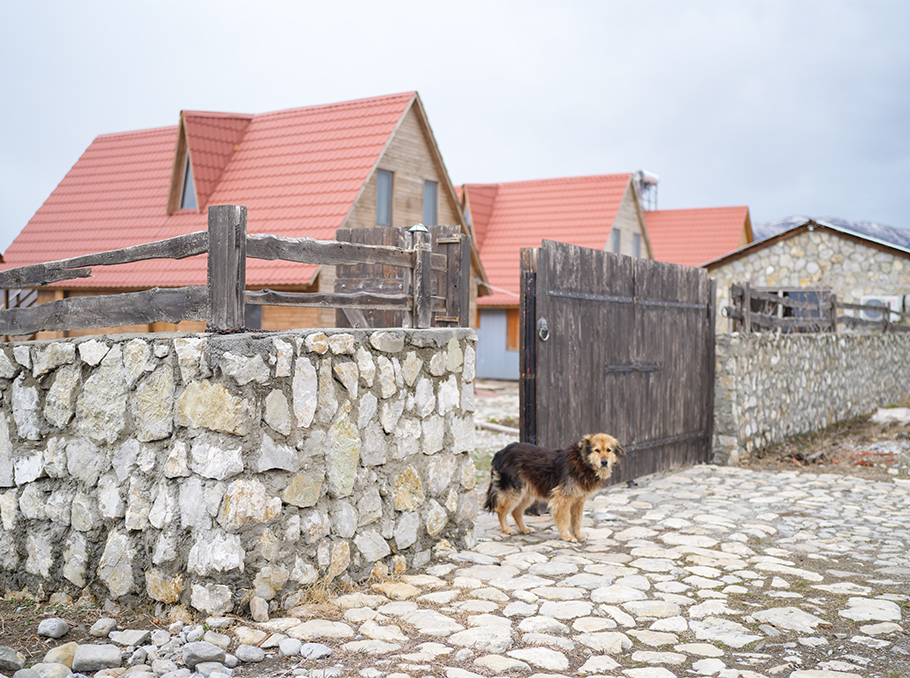
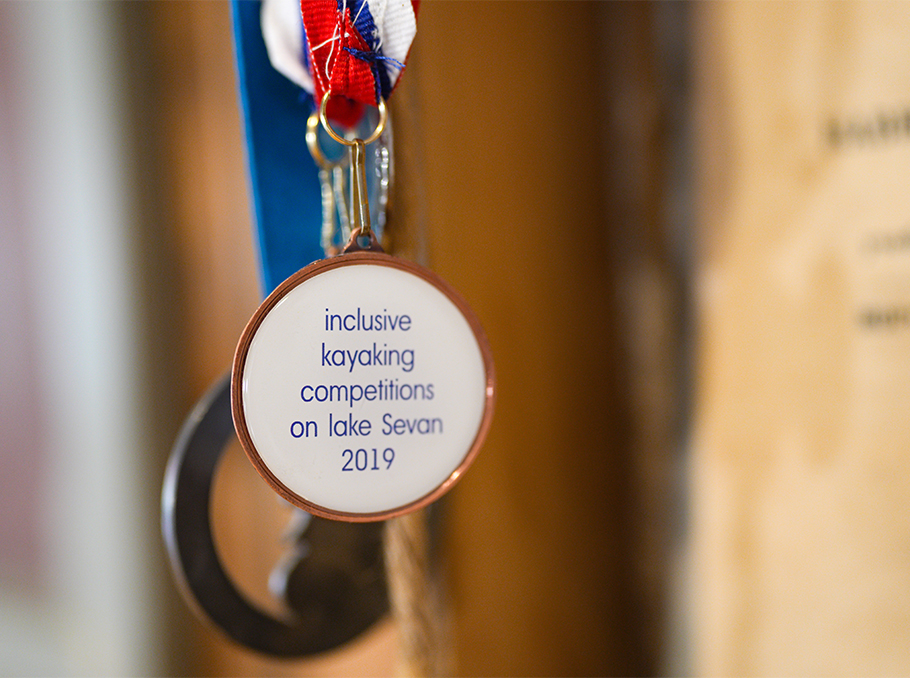
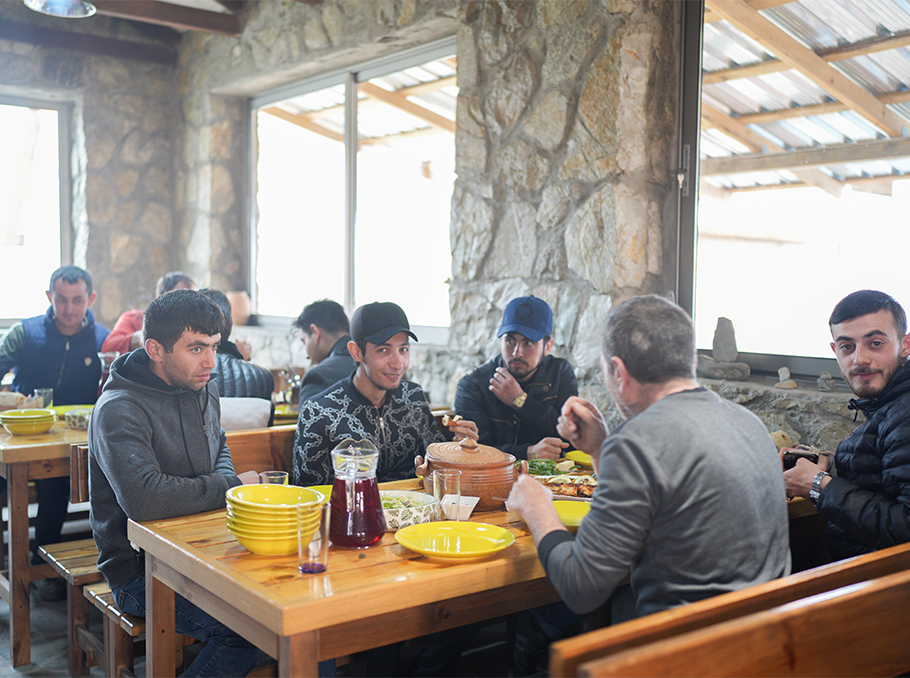
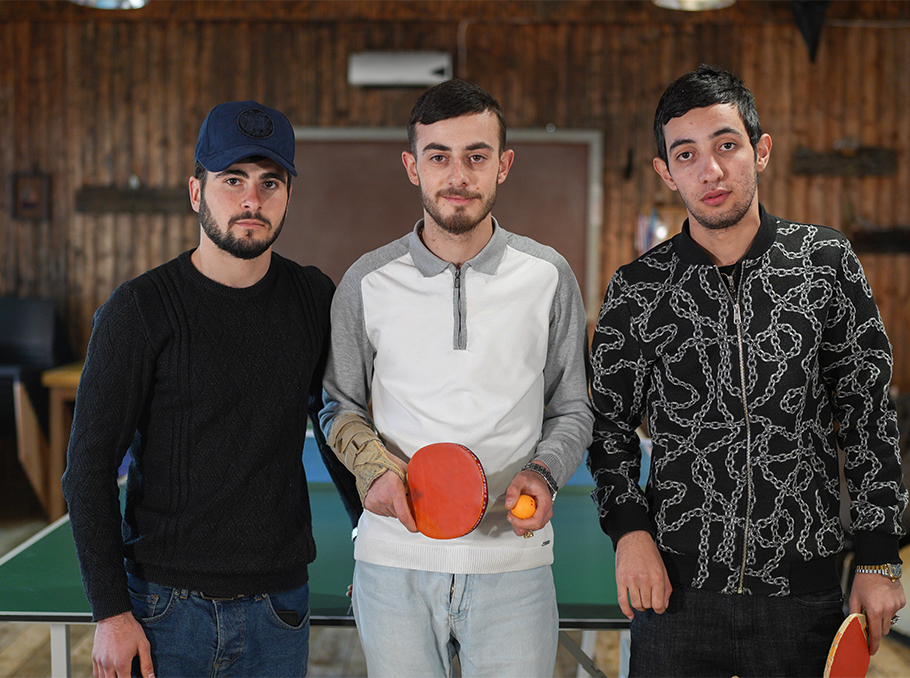
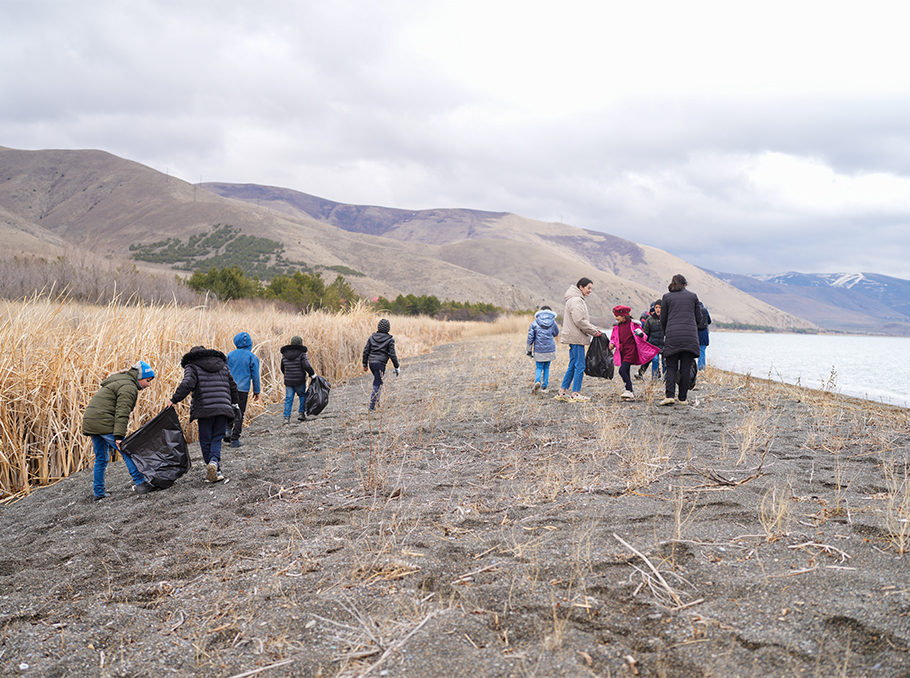

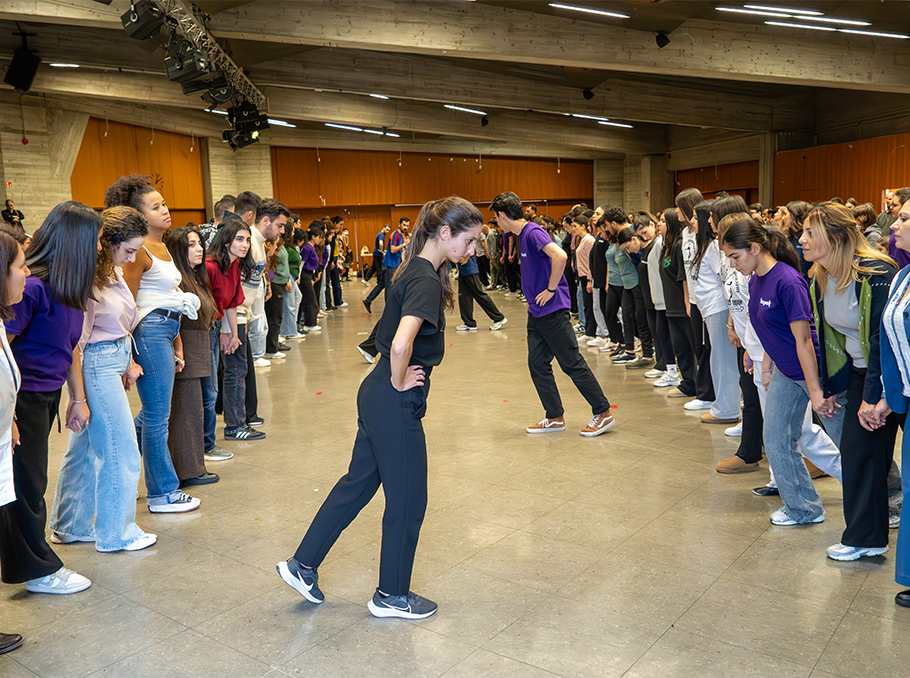
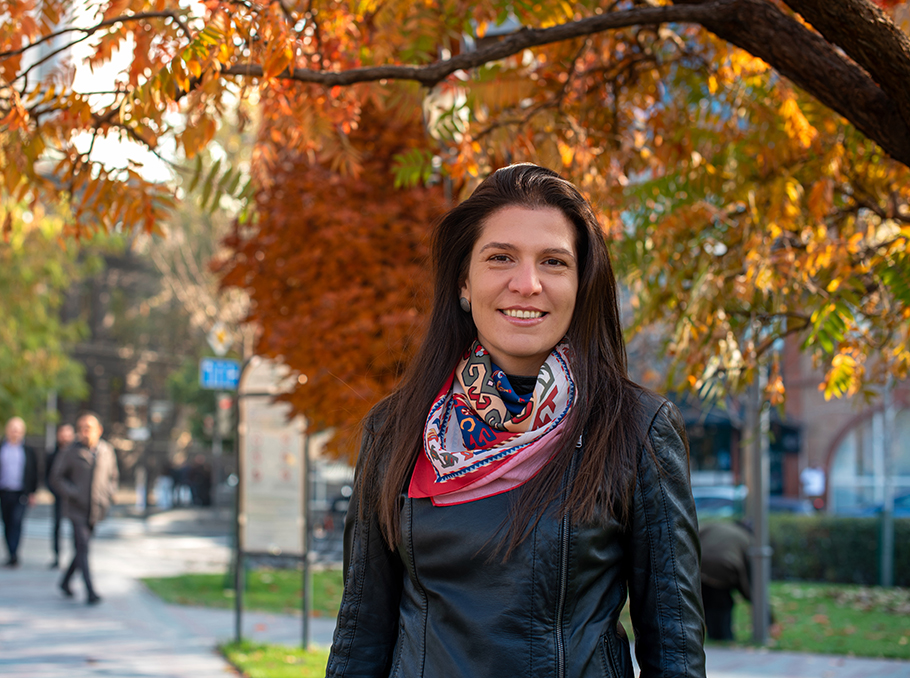
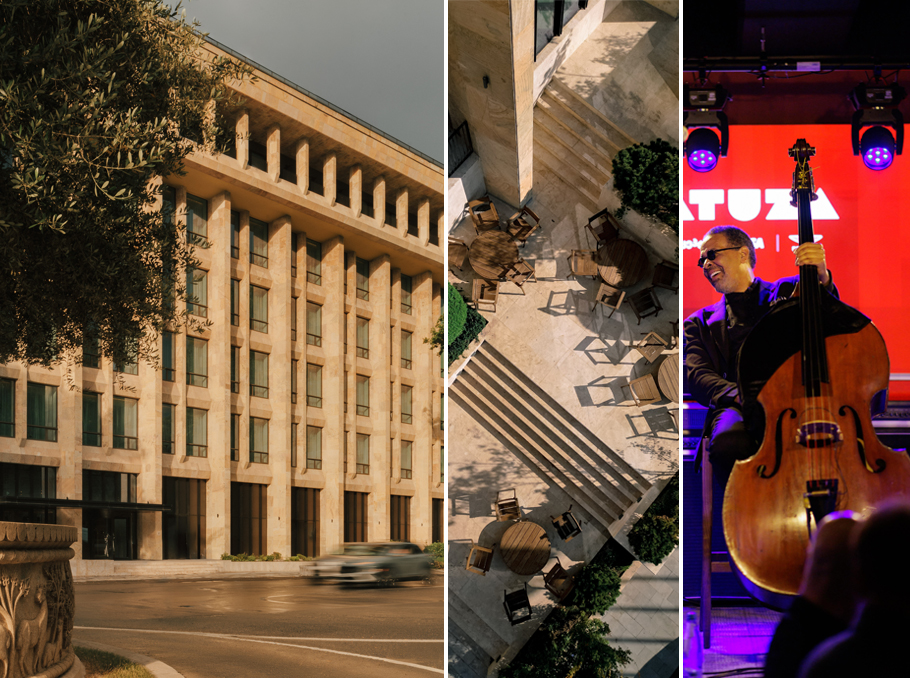
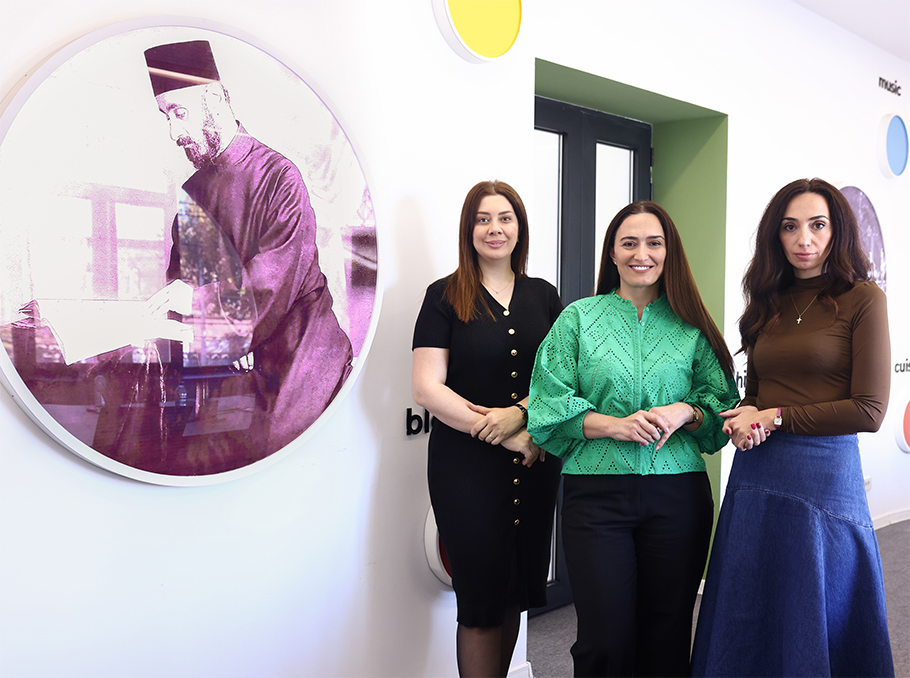
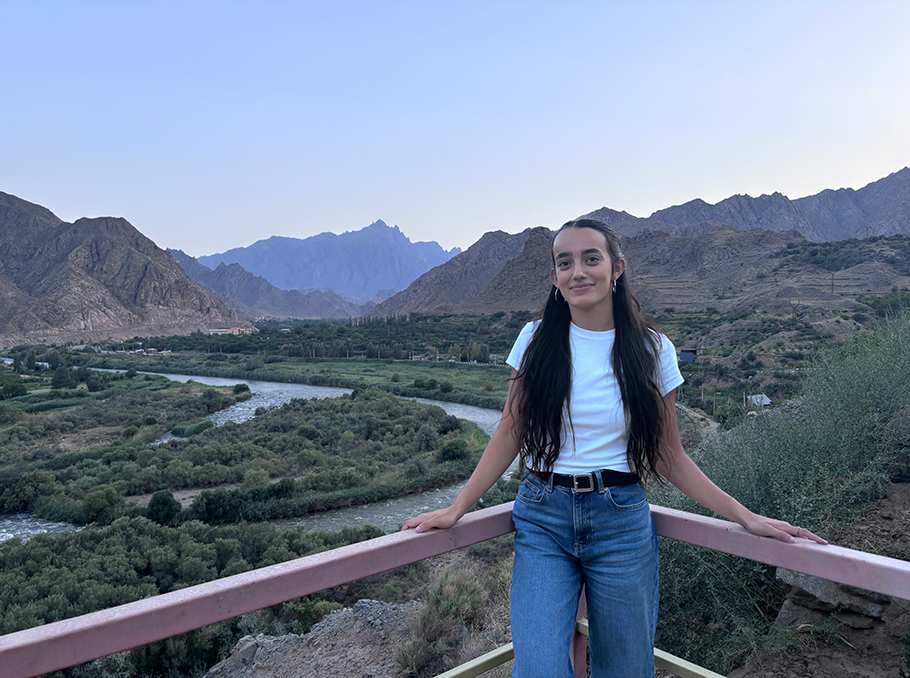






Comments
Dear visitors, You can place your opinion on the material using your Facebook account. Please, be polite and follow our simple rules: you are not allowed to make off - topic comments, place advertisements, use abusive and filthy language. The editorial staff reserves the right to moderate and delete comments in case of breach of the rules.